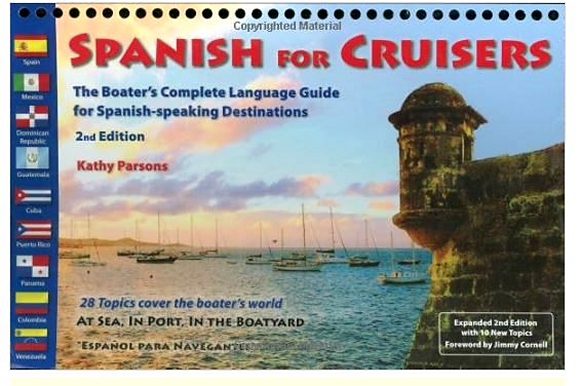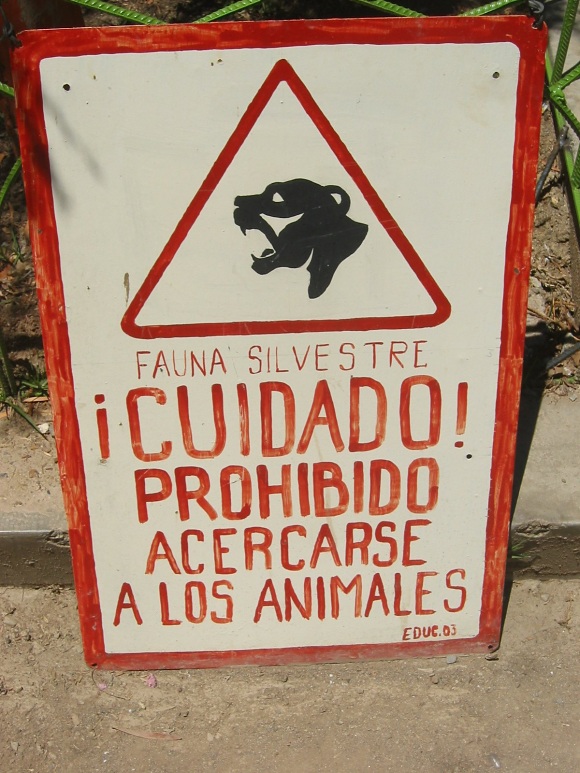FAQ - How do you deal with all the different languages?
/When in Rome … speak Italian! In our experience, there's nothing as pleasing to the locals as someone who at least attempts to speak their language and wants to learn more. Contrary to some urban myths, speaking loudly and slowly in English does not make non-English speakers understand you.
Though we don't learn a new language for every place we visit, we do, in fact, make an effort to learn at least some words.
Part of our enjoyment of a place is communicating as effectively as possible with our hosts. Since we planned to be in South America for awhile and since I have a fascination with languages, I took Spanish lessons every chance I got … especially in Colombia. I bought a Spanish dictionary and really studied hard. It's a beautiful language and once you make it through the verb conjugations and learn some vocabulary words, it's not that difficult. In Ecuador, I taught English to Spanish-speaking marineros (dock workers) which enhanced my own Spanish vocabulary considerably, especially the more “colorful” words and local sayings.
Kathy Parson's Spanish for Cruisers
When we headed to French Polynesia, my high school French came in handy. I spoke Sp-rench for awhile and Fr-anish on occasion … that odd combination of Spanish and French that no one understands: “Oui, Senor” and “Si, Monsieur”. I finally converted over to actual French about the time we were ready to leave. Many people spoke English in the cities, but in the outlying islands and smaller towns where French and only French was spoken, we were certainly able to make ourselves understood with gestures, a few French words and patience. Kathy Parson's French for Cruisers
Though the romance languages work well in the eastern South Pacific, places like Tonga, Fiji and Vanuatu as we moved further west were definitely a challenge at times. I tried learning at least a few words in each language: Hello, goodbye, please, thank you, sailboat and my name is ... are a good start. Sometimes we played the pointing game and asked for the local word. We'd repeat it in the language of the land and then say it in English. It was usually a good icebreaker and led to further conversation.
Whenever we could, we'd buy a local newspaper, try to read traffic signs, check out local ads for identifiable products and/or concentrate on figuring out what the words on grocery market signs were pointing to. We picked up lots of vocabulary words that way … something new each day. Of course, remembering what we'd learned was a challenge in itself, but hey, c'est la vie.





